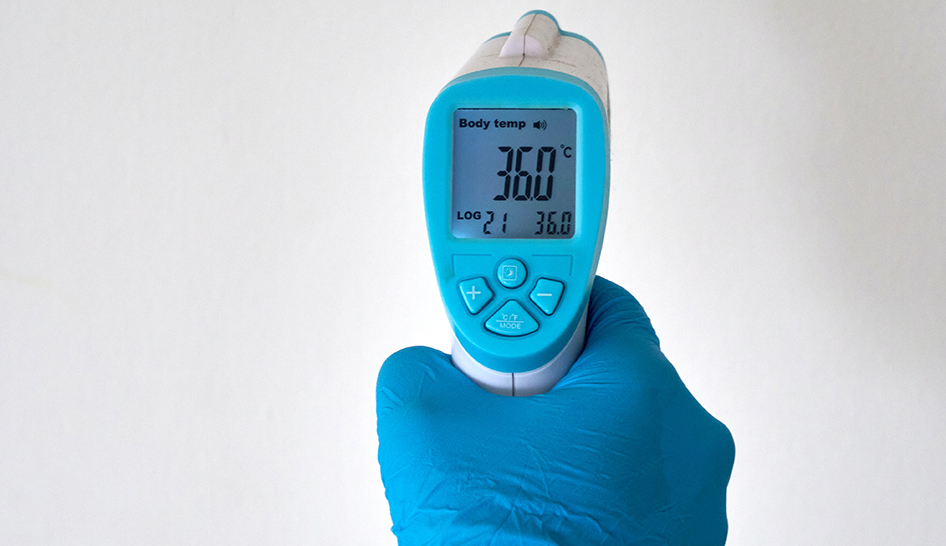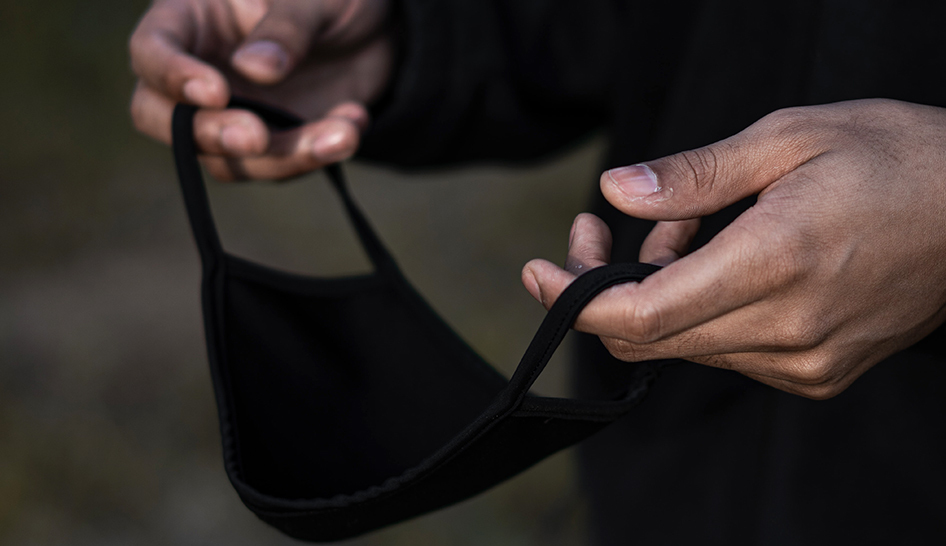3. Communication and documentation are important
Legally, communicating—and documenting that communication—is key.
“The whole point here is us showing that we're doing everything within our power to make this a safe place,” said Sloustcher. “So if we're challenged later on or some issue arises, the more that we can show that we did everything in our power to make this a safe place, the better.”
Sloustcher said every measure you can put in place to communicate a safe environment to patrons and staff is a must. Documenting all of these efforts and communications is also crucial.
“We also want to be documenting every effort that we're making to protect ourselves...and we can use that documentation later on,” he shared.
During the webinar, a participant asked if there would be a requirement to close gyms for a certain suggested time frame for a deep clean if a case of COVID-19 is reported at a facility.
“It might be a very good idea [to close the facility] for one, to manage risk, and two, making other people feel comfortable to come to our gym,” Sloustcher told them.
While there may not be a requirement from the government to do a formal cleaning, it is advised in order to protect your business and to make your members and employees feel safe.
4. Be sure to consider your employees
If there is a situation where an employee refuses to return to work, Sloustcher offered a few key steps.
“Put in writing that we offered that person their job back...if we have documentation such as a letter...then we can use that letter to our advantage when it comes to PPP loan forgiveness,” Sloustcher stated. This is an update to PPP loan forgiveness policies. “We can now with proper documentation prove we offer this person their job back, then refusing to come back. That won't be counted against us when it comes to loan forgiveness.”
He also said, “There's going to be a specific individualized process that we need to go through with each person to basically drill down on the reason why they are not coming back to work. The reason I bring this up is because there could be other medical conditions that we don't know about.”
It’s very important to make sure as employers that you accommodate your employees individually and keep documentation of your communications.
Adam also brought the idea to create a Safety Committee for your workplace. This can be a small group of people that help to field questions related to COVID-19 and safety for your business.
“We want to be able to communicate to our employees and to our members, what we're doing to make the workplace safe and encourage any and all questions to be directed our way. I think transparency can go a long way, especially with our staff so that they understand that there are challenges related to reopening, but we're doing everything in our power to overcome those challenges. And I think that would be great for a lot of things, including morale,” Adam said.



